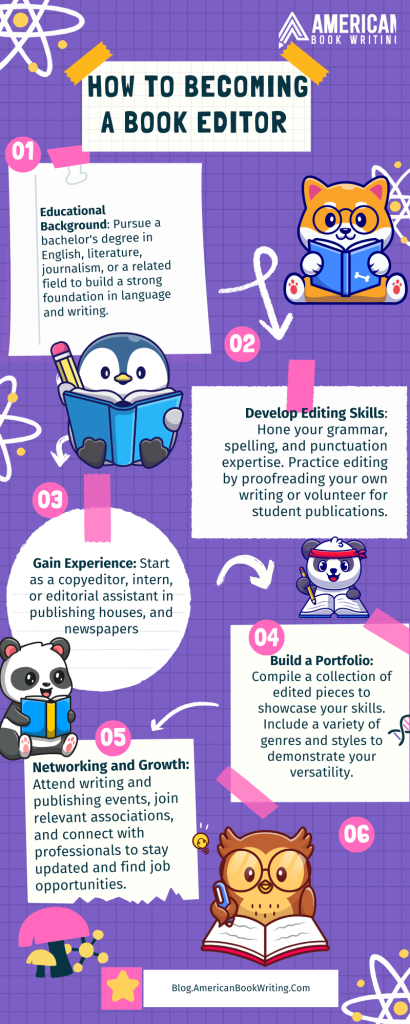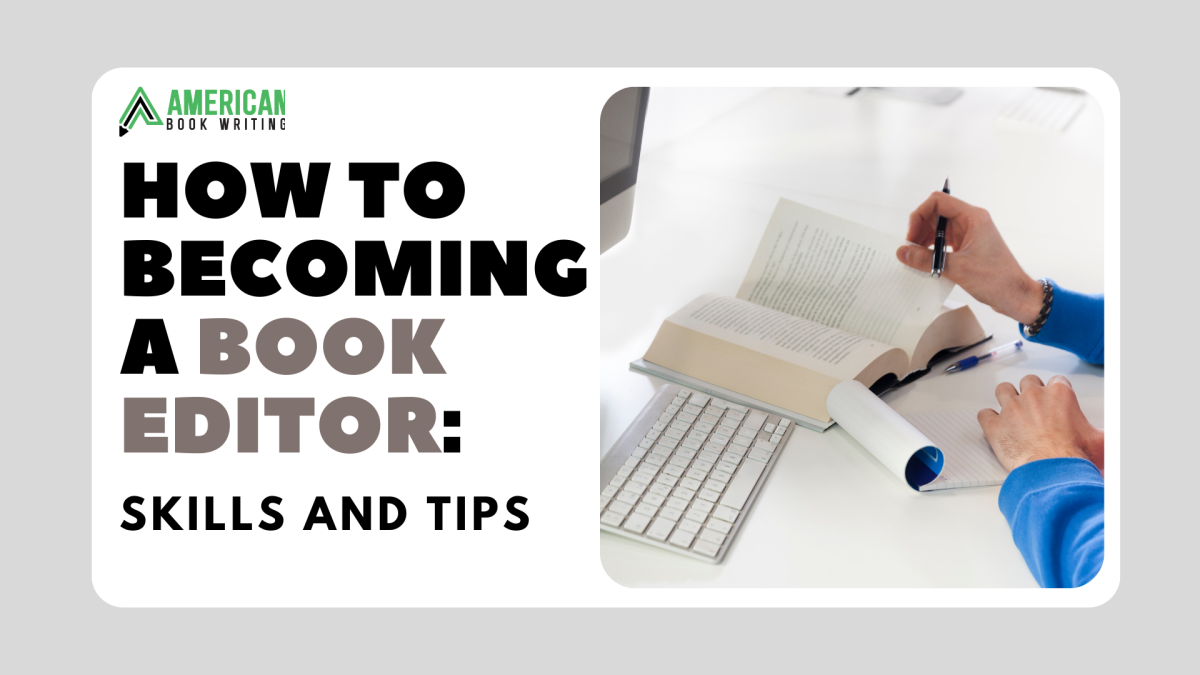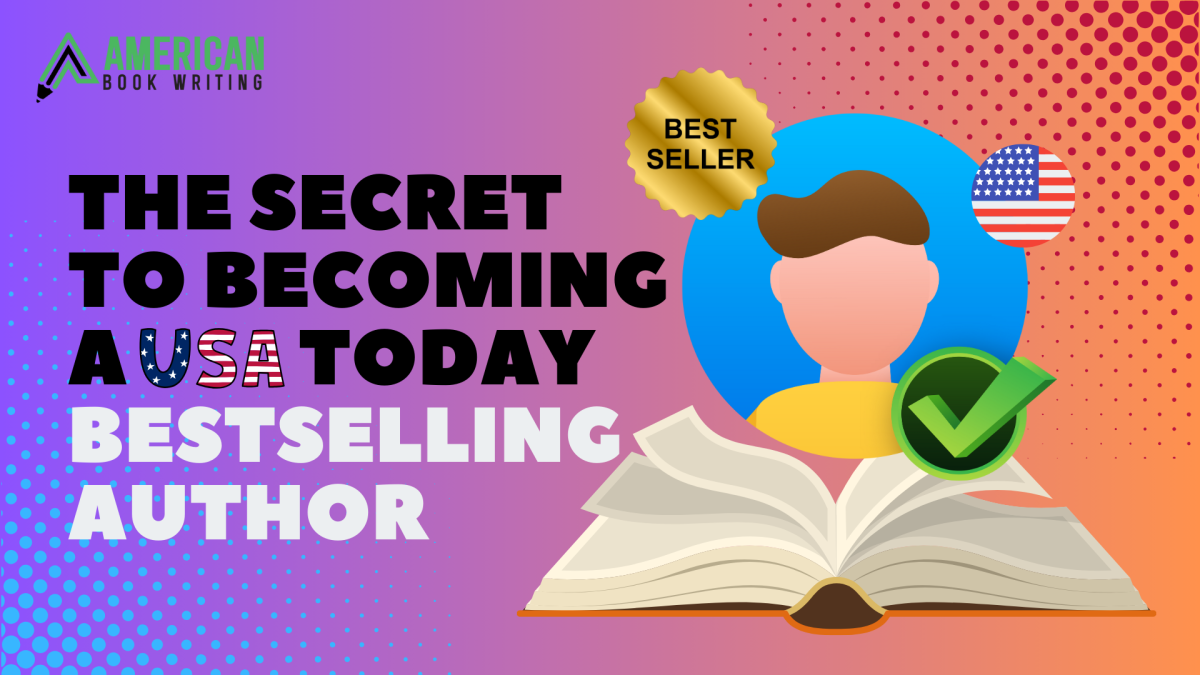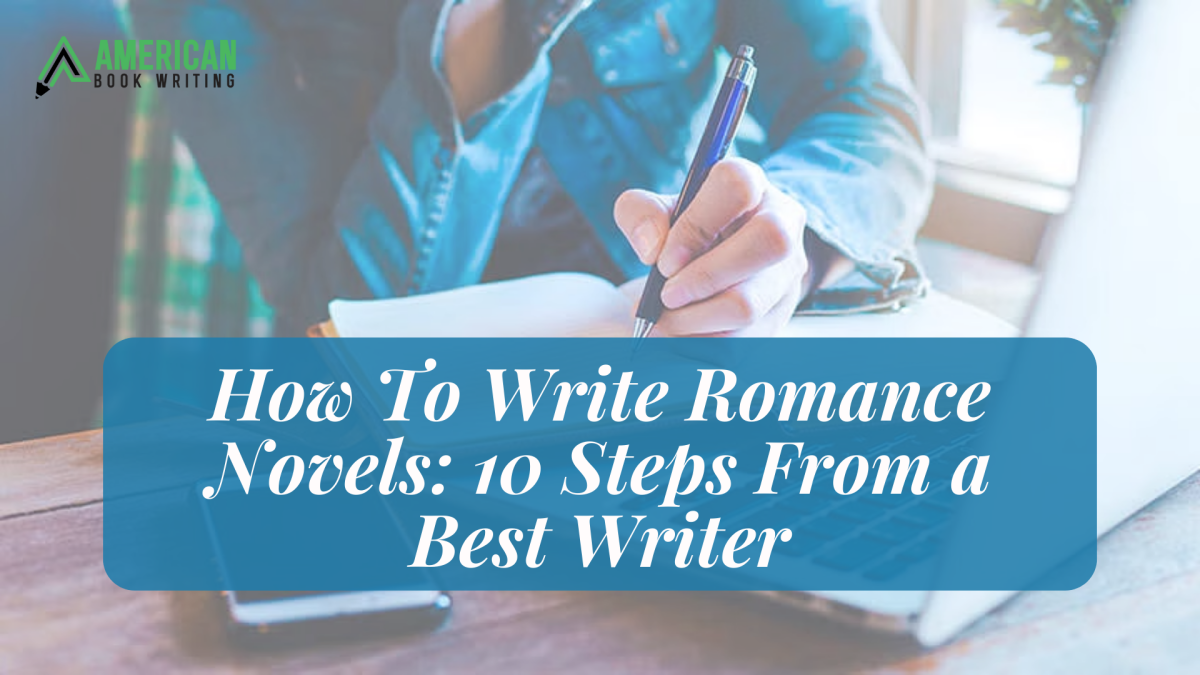Book Editor
Press The Play Button On The Audio To Listen Complete Article!
Are you passionate about books and know how to spot errors and improve your writing? If so, a career as a book editor might be right up your alley. Book editors play a critical role in the publishing process. They work with the authors to help shape their stories and bring their ideas to life. But what does it take to become a book editor, and what skills and tips can help you succeed in this field?
In this blog, we’ll explore the world of book editing, from the essential skills you’ll need to the tips and tricks that can help you land your dream job. Whether you’re a professional book editor or just starting out, this guide will provide you with the knowledge and tools you need to succeed.
What Is a Book Editor?
A book editor is a person who works with a writer to improve the structure and content of a written work. Publishers, Native American Authors, or independent contractors can do book editors for hire. They’re responsible for ensuring the content is clear and consistent throughout the book.
They often specialize in a specific genre, such as fiction, nonfiction, or children book editors. They may ensure that your book follows industry standards and conventions. Book editors can also be responsible for marketing the book. They may work with publishers to design the cover, write a good story for the back cover copy, and market the book through social media. A good editor will work with you to make your manuscript as strong as possible before it goes to print.
What does an editor do for a book?
If you’ve ever read a book, you can thank an editor for making it the best possible version. An editor is responsible for ensuring that a book is well-written, polished, and error-free. Here are some of the key tasks an editor does for a book:
1. Provide feedback and guidance:
An editor works closely with the author to provide feedback and guidance on the manuscript. They help the author shape the story and characters and suggest ways to improve pacing. They make sure the book has a clear structure and flow.
2. Edit for grammar and style:
An editor carefully reads the manuscript to correct grammar, spelling, and punctuation errors. They also ensure that the writing style is consistent and appropriate for the intended audience.
3. Polish the language:
An editor will often rewrite and rephrase sentences to make them more concise and readable. They also help the author find their voice and ensure the language is engaging and compelling.
4. Fact-check and research:
Depending on the book’s subject matter, an editor may need to fact-check information or conduct research to ensure accuracy.
Skills for Becoming a Book Editor
If you’re passionate about writing and editing but don’t know where to start your career, becoming a book editor might be the right fit. This section will explore what it takes to become a successful book editor and start making that dream come true today!
1. Familiarity with the publishing industry.
The publishing industry is complex, with many moving parts and constantly evolving trends. It’s also competitive and fast-paced–and that means new editors need to be able to keep up with the latest news.
If you’re interested in becoming a editor, it’s important for you to understand how the publishing industry works before jumping into it headfirst.
2. Knowledge of writing and editing.
You should have a good understanding of grammar, punctuation and spelling. You need to be able to edit for style, tone, voice and content. Understand how editing works within the publishing industry as well as being able to edit for length and style/voice.
You’d see the big picture but also be able to focus on the small details. You need to understand how editing fits into the publishing process and how best to apply your skills.
3. An eye for detail.
Book editors are the first to read a manuscript. They need to be able to spot any errors, inconsistencies, or issues with the story. In addition, they need to be able to suggest changes that improve the book’s quality.
The editor needs to be able to spot any errors, inconsistencies, or issues with the story. In addition, they need to be able to suggest changes that improve the book’s quality.
Editors are often asked to make changes that improve the quality of a book. They may be asked to rewrite sections or suggest improvements. They might also be asked to read through some books and recommend them for publication.
4. Strong communication skills and the ability to collaborate:
A book editor needs to communicate effectively and clearly with others. You’ll work with writers, designers, illustrators, other editors, and people from other departments.
You must also be able to communicate well in writing, whether emailing a client about changes or editing an author’s manuscript by hand. You may even need to speak on the phone regularly for long periods, so good verbal communication skills are important too!
5. Creativity and flexibility.
Creativity and flexibility are two skills that will help you in your career as a book editor. It allows you to think outside the box, which is important because it allows you to adapt to new situations. Flexibility allows for quick changes on the fly, which is also essential for working with authors. Both creativity and flexibility are essential in today’s publishing industry, So if these skills sound like something that interests you, then consider becoming an editor!
6. A passion for books and reading in general.
A passion for books and reading, in general, is vital to being a book editor. You need to know what makes a good book, what makes a bad one and why. Reading helps you understand the publishing industry, which will help you become better at editing. As a book editor, you need to know what makes a good book, what makes a bad one and why.
7. Excellent time management skills:
Great time management skills are essential to becoming a book editor. You will have many deadlines to meet, and knowing how to manage your time effectively is important. It’s also crucial that you avoid procrastination at all costs! If something needs doing, do it immediately instead of putting it off until later.
You will also need to be organized and able to prioritize your tasks effectively. This will help you get more done in less time, which is essential if you want to meet all your deadlines!
8. The ability to work under pressure:
As an editor, you will work with authors who are often pressured to deliver their manuscripts on time. You need to handle unexpected situations and deadlines without losing your cool. You’ll also have to interact with other people–your team members, the author(s), and even the publisher if there’s a problem with something in the book. Working well with others is essential for success as a book editor!
You’ll also need to be able to take criticism. If an author is unhappy with something you’ve done (or not done), you’ll have to accept it gracefully without taking it personally.
Tips to Becoming a Book Editor
If you love books and have a passion for editing, becoming an editor is the perfect career for you! However, being a book editor isn’t just about reading books all day and deciding which ones people will buy. It’s also about knowing how to work with writers so that both parties are happy with the final product. Here are a few amazing tips for becoming a book editor:
1. Know the different types of editing for books.
If you’re a book editor or aspiring to be one, you must know the different types of book editing. The three main types of editing are developmental editing, copyediting, and proofreading.
- Developmental editing focuses on the big-picture elements of a book, such as plot, character development, pacing, and structure.
- Copyediting, on the other hand, involves polishing a manuscript’s language, grammar, and style.
- Finally, proofreading involves carefully reviewing the final version of the book for any errors in spelling, punctuation, or formatting.
By understanding the different types of editing, you can provide more comprehensive and effective editing services to your clients.
2. Find a mentor
A mentor can be anyone who has experience in the industry and wants to help you out. A family member, friend or even someone you don’t know that well may be able to help with networking. Mentors are also great at explaining things so that they make sense when it comes time for you to do something yourself!
Mentors are great for helping you to figure out what you want to do. They can tell you how to get there and what steps to take for it all to work. They can also be a great source of inspiration when things don’t go as planned and provide encouragement.
3. Build your network
Building your network is an important part of being a book editor, and it’s something that you can do on your own time. Even if you don’t have much experience in the field yet, you might think of networking as going out and meeting new people. But it’s more than that–it’s also about connecting with people who already know each other. This can also help each other out in various ways.
This means that even if you don’t go to conferences or meetups, there will still be plenty of opportunities for making connections. You can also go through social media groups like LinkedIn or Facebook groups related specifically to editors who work on books to make connections.
4. Get an education
There are different ways to get an education in book editing, but let’s start with the most obvious: online courses. There are many great options out there, including Udemy and CreativeLive. Books and conferences are also good options if you prefer more traditional methods. The best thing about these resources is that they don’t require much money or time commitment–you can study at your own pace from home!
If you don’t like any of these options or want hands-on experience before deciding whether this career path is right for you, consider internships at a book publishing company. This way, you can learn about all aspects of publishing from the inside out.
5. Do more than one thing
You’re a jack of all trades and a master of none. You know how to do many different things but don’t have a specific specialty or talent. This is great! It means you can be an editor without being limited by one particular skill set.
There are many things that an editor does: copy editing, proofreading, fact-checking and more. An editor needs to understand how these processes work. This way, they can be sure their edits are accurate and appropriate for each type of edited material.
If this is what you want to do–and who wouldn’t?–here are some ways you could get started:
1. Take a course in editing or publishing. This will help you learn the basics of the field, like using software programs like Microsoft Word and Adobe InDesign.
2. Read books on editing and publishing to better understand what goes into each stage of the process (and why!).
6. Establish your style and be consistent with it.
You should also be consistent with your style. It’s important to know your editing style and how it differs from other editors. For example, one editor might prefer shorter sentences and frequent paragraph breaks, while another prefers longer sentences with fewer breaks. This can affect how readers perceive your work and their overall reading experience!
7. Learn how to collaborate and delegate.
Learning how to collaborate and delegate is a crucial skill for any editor. Editors must be able to work with others, whether on a team or as part of an editorial department. To do this successfully, you must learn how to delegate tasks and trust your colleagues or employees enough that they won’t mess up the project.
You should also be able to work with clients who may not know much about editing or publishing. This also means communicating effectively with publishers about what types of edits are needed for each book. They will help you decide while keeping track of deadlines and budgets–all while making sure everything gets done right!
8. Work on your writing skills.
Learn how to write well. Writing is a skill that can be learned and improved upon over time, but it takes time and effort. If you want to be a successful book editor, you need professional book writing skills for your clients’ books (and potentially yours) to shine as much as possible.
Get used to writing clearly and concisely for the text’s message not only to come through loud and clear but also to be easy on the reader’s eyes! This means no long sentences or convoluted wording. Make sure everything makes sense when read aloud by someone else,
Be sure that all grammar rules are followed throughout your work. Capitalization, punctuation marks at the end of sentences, etcetera… Many people overlook these things because they think they don’t matter much. However, this can lead down an ugly road where readers might get confused by certain parts due to lack thereof clarity due to improper usage, such as “it was” instead of “he/she was”. This may confuse readers regarding whether something happened before another event occurred.
9. Avoid perfectionism
Perfectionism is a dangerous trap for editors. It can lead to hours of work on one paragraph that doesn’t need more than a few minutes of your attention. Or it may make you feel like you have to do everything yourself when a colleague could help with the heavy lifting.
Remember: You don’t have to get every detail right before moving forward on an article or book project. You just need enough information in place so your readers will understand what they’re reading and enjoy it too!
Perfectionism can also make you feel like you must do everything yourself when a colleague can help with the heavy lifting.
10. Take advantage of technology, but don’t rely on it too much.
Technology is an amazing tool and can be used to your advantage. However, it’s also easy to get distracted by technology and lose sight of the bigger picture. When working on a book project, turn off your phone and focus on what matters. The writing process itself. Technology should help make your life easier, not more complicated!
It’s important to use technology for research purposes only–don’t rely on Google or Wikipedia as an authoritative source when editing books. They aren’t always accurate or complete enough for this kind of work. Instead, talk directly with authors and publishers about what information needs changing before making any edits based solely on online sources.
11. Have fun doing what you love!
The best and most important advice we can give you is to have fun doing what you love! This career will keep you engaged and challenged for a long time, so enjoying the work is important. You will learn something new daily, keeping things fresh and exciting. You may even be able to make a difference in people’s lives by helping them communicate their ideas clearly through words on the page. You’ll get to meet interesting people and go to interesting places–and all because of your love of books!

FAQs
- What degree do I need to be a book editor?
While no specific degree is required to become a book editor, having a degree in English, literature, journalism, or a related field can be beneficial. It demonstrates your writing, editing, and critical analysis proficiency, which are all important skills for a book editor. Many employers also prefer candidates with a bachelor’s or master’s degree in a relevant field. However, experience, skills, and a strong portfolio of work can also be just as valuable as a degree.
- How to become an editor without a degree?
A degree can help you become an editor for books, but it’s not always necessary. Successful editors have built their careers through experience, skills, and networking. Consider taking courses in writing and editing to develop your skills and knowledge. You can also gain experience by volunteering or interning at a publishing house, magazine, or newspaper. Building a portfolio of work and networking with other professionals in the industry can also help you establish yourself as an editor.
- How to get an editor for your book?
To get an editor for your book, start by researching and identifying potential editors who specialize in your genre. Look for editors with experience working on similar books and a good reputation in the industry. To learn How to Find The Publisher Of a Book, you can go through online directories and professional organizations or ask for recommendations from other authors. Once you’ve identified potential editors, reach out to them with a query letter summarizing your book, your budget, and your timeline. Be prepared to provide a sample of your manuscript and to have a conversation about your editing needs.
Conclusion:
Beginning the path toward becoming a book editor demands a mix of enthusiasm, commitment, and specific abilities. Those aiming to be editors should refine their ability to notice details, foster a profound love for various types of literature, and keep updated on the latest trends in the field. Embracing the skill of offering helpful feedback, clear communication, and managing time effectively is crucial in this ever-changing profession. Connecting with writers, publishers, and other editors can create valuable chances for learning and working together, contributing significantly to one’s growth and experience in the industry.




